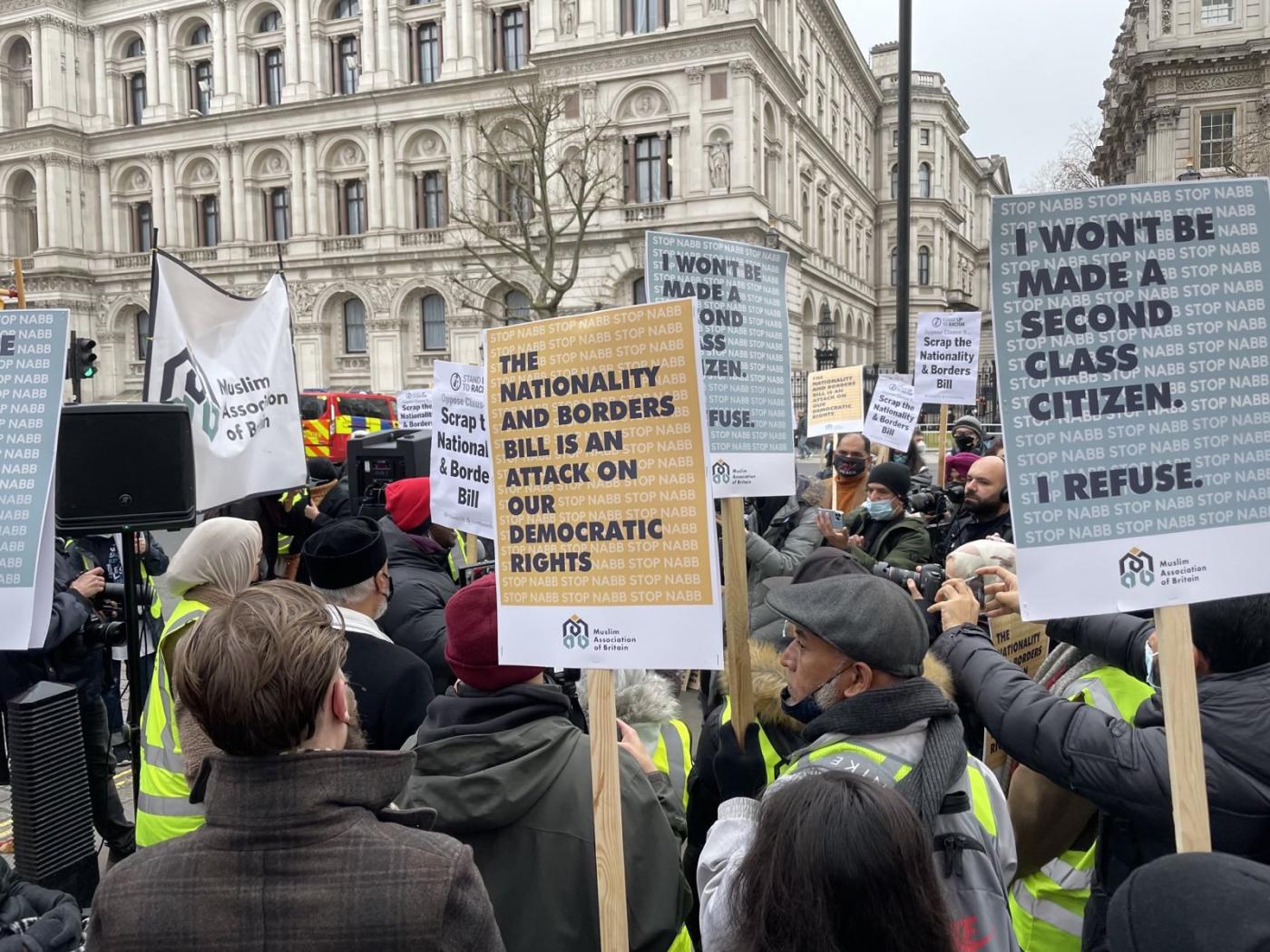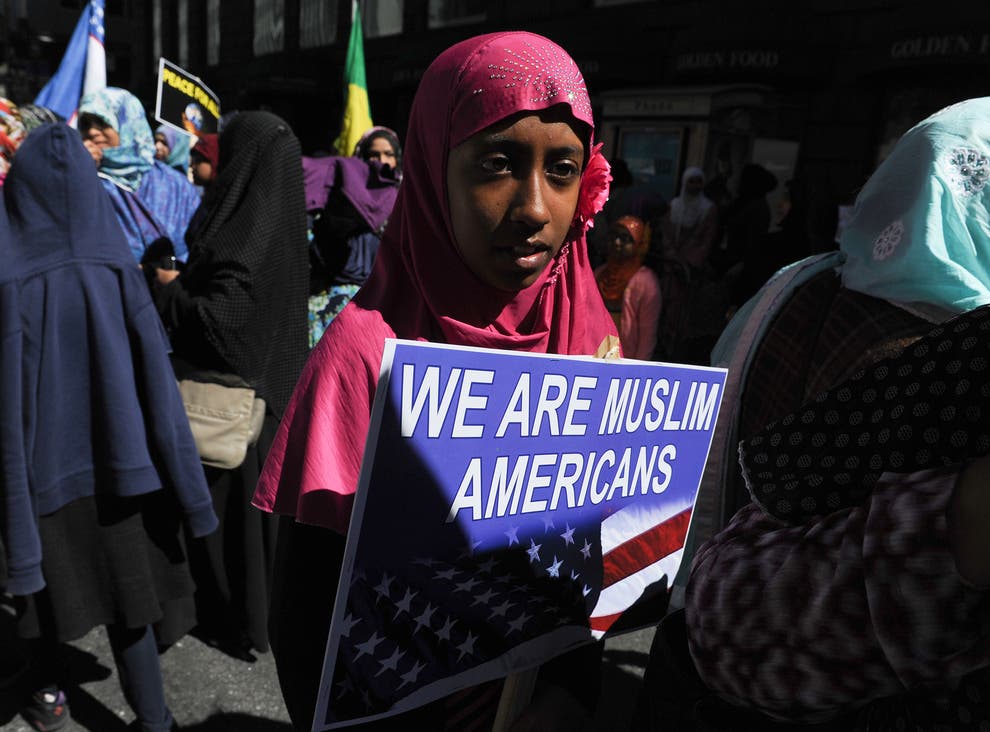December 14, 2012
A striking feature of the 2012 race for the White House – a contest that pitted the first Mormon nominee from a major party against an incumbent president whose faith had been a source of controversy four years earlier – is how little the subject of religion came up in the media. According to a new study by the Pew Research Center’s Project for Excellence in Journalism and the Pew Forum on Religion & Public Life, just 1% of the campaign coverage by major news outlets (including broadcast and cable television, radio, newspaper front pages and the most popular news websites) focused on the religion of the candidates or the role of religion in the presidential election. Only 6% of the election-related stories in major news outlets contained any reference to religion.
Media attention to religion’s importance in the campaign peaked during the primaries, when several Republican candidates spoke about their Christian beliefs. The prominence of religious rhetoric in speeches by Rep. Michele Bachmann, Texas Gov. Rick Perry, former U.S. Sen. Rick Santorum and others fueled speculation about whether white evangelical Protestants – who made up about one-third of all Republican and Republican-leaning registered voters in 2012 – would withhold support from Mitt Romney because of his Mormon faith. Indeed, the biggest single religion-related campaign story came more than a full year before the election, when a Texas minister publicly called Mormonism a “cult.” That incident, in October 2011, generated fully 5% of all coverage of religion in the presidential campaign.
When Romney captured the GOP nomination and named Rep. Paul Ryan, a Roman Catholic, as his vice presidential running mate in August 2012, they became the first non-Protestant ticket in the Republican Party’s history. But as the primaries gave way to the general election campaign, the subject of religion subsided in the media, in part because neither Romney nor President Barack Obama made much effort to raise it. Fewer than one-in-seven religion-related stories in the campaign (13%) resulted from statements or actions by either candidate.
Rather than focusing on the religious beliefs and practices of the candidates, media coverage of religion during the 2012 campaign frequently centered on the political clout of white evangelicals and their electoral choices – a topic that accounted for 29% of religion-related coverage overall. Talking about evangelicals became a way for the media to address the question of what impact Romney’s Mormon faith could have on the race, confronting religion as a tactical “horse-race” concern.
Romney was the subject of about twice as much religion-related coverage as Obama, and 45% of all religion-related stories in the campaign took the horse-race approach, dealing with how religion might impact the vote. In all, 34% of the religion coverage focused on faith as a character issue, or mentioned it in passing as part of a candidate’s identity. There was far less coverage (16%) of how religion might impact policymaking or governance.
These are among the key findings of the new study conducted by the Project for Excellence in Journalism (PEJ) and the Pew Forum, both of which are part of the Pew Research Center. The study examined nearly 800 religion-related stories from cable television, network broadcast television, radio, newspaper front pages and the most popular news websites in the country between August 2011 and Election Day (Nov. 6, 2012). In addition, the study involved a sample of specialized religious publications and an analysis of hundreds of thousands of messages about the candidates’ faith on Twitter and Facebook; the social media analysis relied on technology developed by Crimson Hexagon. (For more details on how the study was conducted, see the Methodology.)
In the end, the basic contours of religion in U.S. politics remained unchanged in the 2012 election, according to a Pew Forum analysis of exit poll results. In particular, white evangelical Protestants voted as overwhelmingly for Romney (79%) as they did for Republican candidates John McCain in 2008 (73%) and George W. Bush in 2004 (79%). Indeed, white evangelicals voted as strongly for Romney as Mormons did (78%), according to the Pew Forum analysis of exit poll data.






